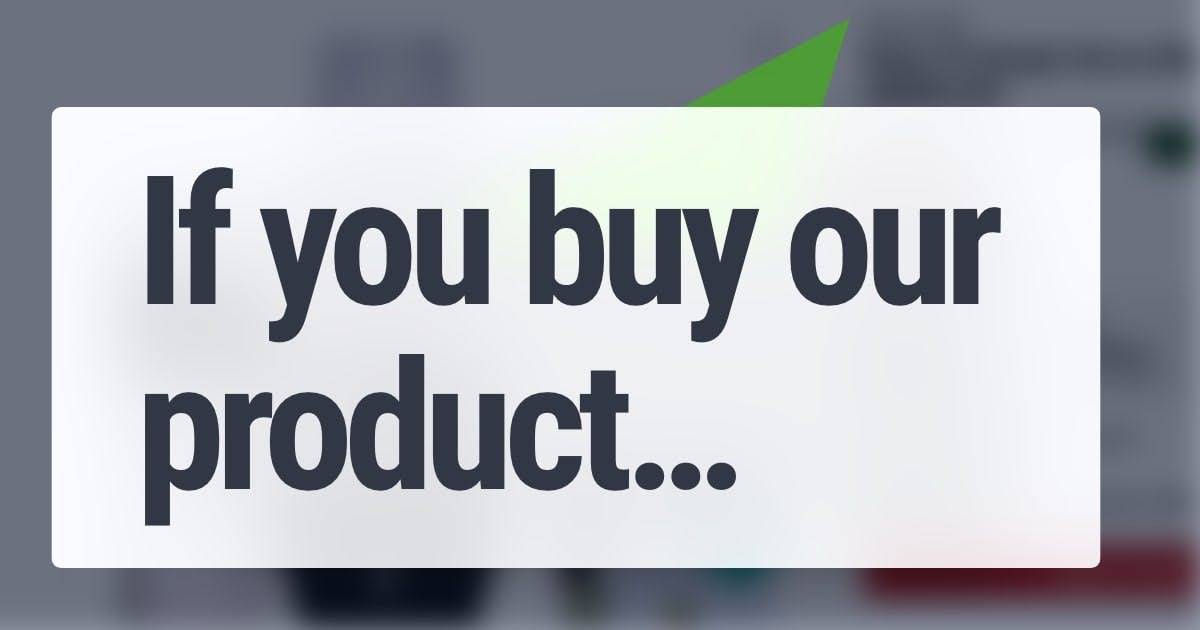Copywriting
Tactic
Immerse Readers into the Hypothetical Behavior
Depict a hypothetical scenario of the desired action.

Overview
Read this sentence:
- If you win the lottery, what would you do?
You just read an IF-THEN statement. Even though the IF portion is hypothetical, winning the lottery now feels more realistic because you imagined this scenario.
Running a giveaway contest? Ask people what they would do if they won the prize or money. This imagery will entice them to participate because they will feel more likely to win.
But this technique can work in any scenario:
- If you [desired behavior], how would…
Examples:
- If you watch this course…
- If you work with our team…
- If you create an account…
. . . if–then statements trigger a mental simulation process in which people suppose the antecedent (if statement) to be true and evaluate the consequent (then statement) in that context . . . evaluating a conditional will heighten belief in its antecedent more than in its consequent (Hadjichristidis et al., 2007, p. 2052).
- Hadjichristidis, C., Handley, S. J., Sloman, S. A., Evans, J. S. B., Over, D. E., & Stevenson, R. J. (2007). Iffy beliefs: Conditional thinking and belief change. Memory & cognition, 35(8), 2052-2059.
